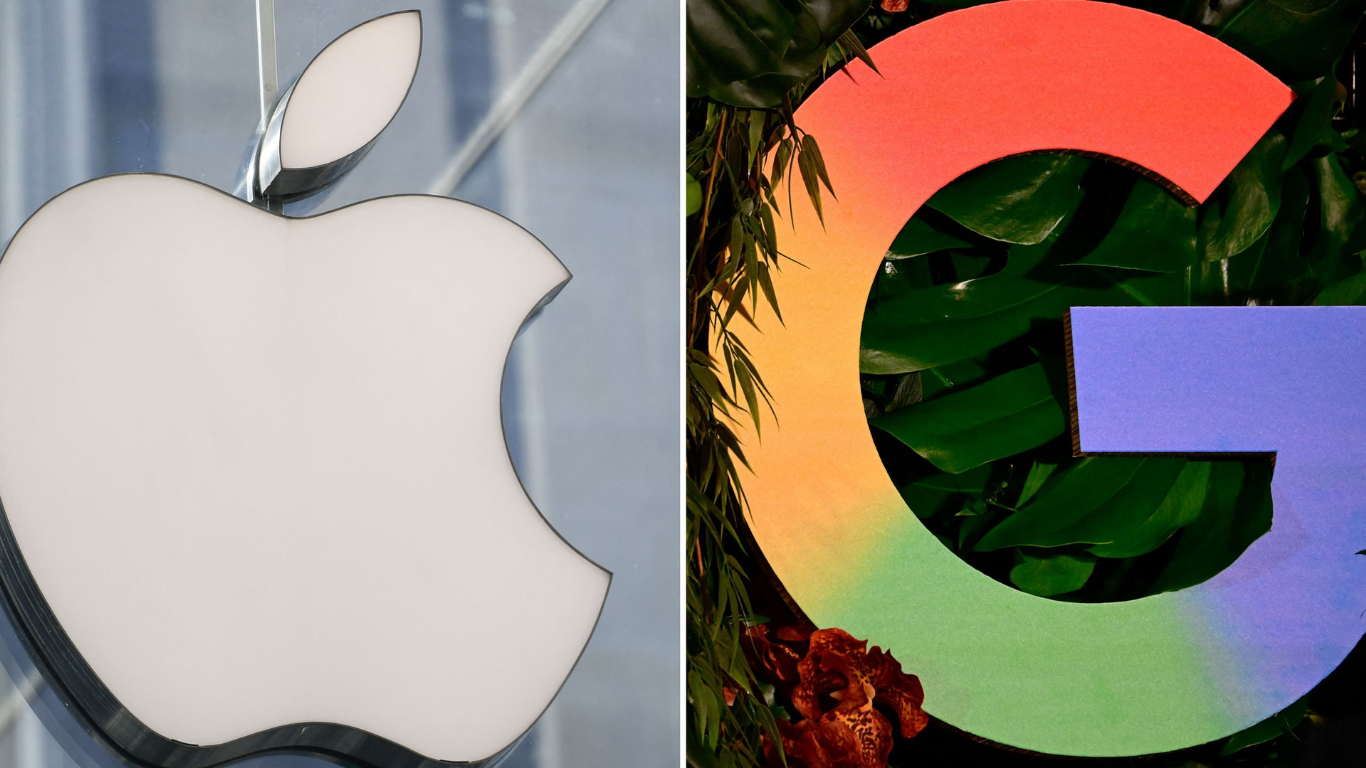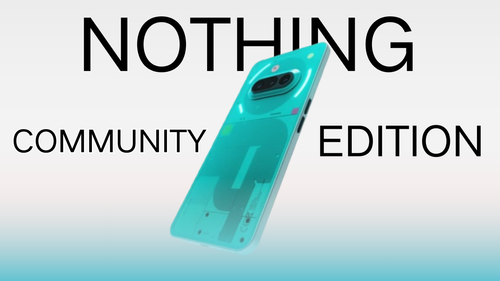Ad

Google Suspends Gemini App's Image Generation Feature Over Accuracy and Offensiveness Concerns
Follow Us:
3,571 views
Introduced just three weeks ago, Gemini unveiled a novel image generation feature powered by an AI model called Imagen 2. The feature allows users to generate images of people based on specific prompts. However, it quickly became evident that the tool generated inaccurate and occasionally offensive images.
Prabhakar Raghavan, Senior Vice President at Google, acknowledged the misstep and expressed gratitude for user feedback. He identified two main issues that contributed to the inaccurate results: inadequate tuning of Gemini to depict a diverse range of people and an overly cautious AI model that sometimes refused to respond to innocuous prompts.

Raghavan clarified that Gemini never intended to discriminate against any particular group or generate historically inaccurate images. To address these issues, Google has temporarily disabled the image generation feature and is committed to substantial improvements before reactivating it. This improvement process will involve rigorous testing to ensure the tool's accuracy and appropriateness.
Gemini, positioned as a creativity and productivity tool, requires ongoing refinement. Raghavan cautioned that, like any large language model, Gemini may occasionally produce embarrassing, inaccurate, or offensive results. Google pledges to swiftly address such issues whenever they arise.
The controversy surrounding Gemini's image generation feature intensified after criticism from notable figures such as Elon Musk, who labelled the errors as "racist and anti-civilizational." Some media outlets accused Google of being overly "woke."

Google's decision to pause the image generation feature highlights the ongoing challenges in AI development, particularly regarding biases and stereotypes. The incident underscores the broader industry challenge of ensuring generative AI tools produce fair and accurate outputs while navigating complex ethical considerations.
Critics argue that generative AI tools may lack a comprehensive understanding of complex social dynamics, raising concerns about their potential to perpetuate stereotypes or misinformation.
Conclusion
Google's response to the Gemini image generation controversy underscores the ongoing complexities in developing and deploying AI technologies. It emphasizes the continuous efforts required to improve AI models, address biases, and navigate ethical considerations associated with these emerging technologies.
Latest News





Reviews & Guides
View All

Poco M8 5G Review

Redmi Note 15 5G Review

Realme 16 Pro 5G Review

Nothing Phone 3a Community Edition First Impressions: A Fresh Take on Budget Smartphones

Smart TV vs Android TV: Complete Comparison

Best Phones Under ₹20,000 in India 2026

Upcoming Laptop Launches in India 2026

Washing Machine Buying Guide: Check before buying







